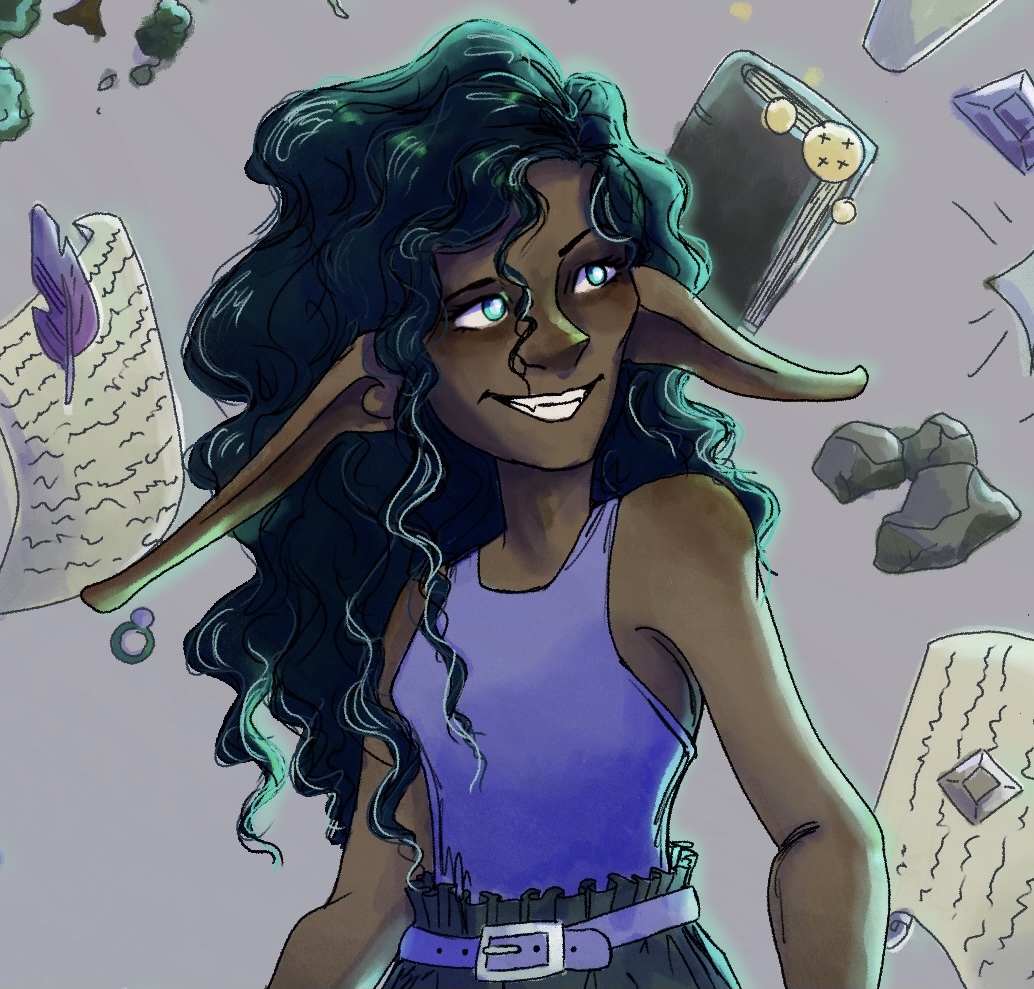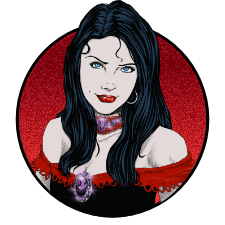Insular Celts
Insular Celts are today defined as speakers of the Insular Celtic Languages, which are the living Celtic Languages, and their precursors, originating from the British Isles. The insular celts split up into their language groups, Welsh, Irish, Scottish, British and Breton, which are then parted into tribes. These tribes comprised several families, which then were made up by several individuals.
The celtic ethnicity is extinct today, but some parts of the British Isles still speak the languages and practise their customs. These are especially people in Wales, Cornwall, Scotland and Ireland, where you can find small communities keeping the traditions alive. The major problem is, that the age structure of these communities threaten the language and culture to become extinct within the next century.
Naming Traditions
Feminine names
Briton
- Darerca
- Druantia
- Eiddwen
- Modwen
- Tegan
Cornish
- Demelza
- Ceinwen
- Endelyon
- Kerra
- Talwyn
Irish
- Caítriona
- Gormlaith
- Gráinne
- Mór
- Sibán
Scottish
- Ailsa
- Eilidh
- Fiona
- Mairi
- Morag
Welsh
- Anwyl
- Arianwen
- Gwenhwyfar
- Innogen
- Teleri
Masculine names
Briton
- Aeron
- Cadwallon
- Cynfan
- Elfed
- Glywys
Cornish
- Arthyen
- Carrow
- Hydroc
- Mawgan
- Talan
Irish
- Aodh
- Conchobhar
- Domhnall
- Eoghan
- Níall
Scottish
- Alasadair
- Bhaltair
- Clyde
- Evan
- Neacal
Welsh
- Cadwyr
- Berwyn
- Llywelyn
- Rhys
- Urien
Family names
Briton
- Aubrey
- Baughan
- Goch
- Kedwards
- Loyd
Cornish
- Care
- Hodge
- Oates
- Penrose
- Venton
Irish
- Boyce
- Fealy
- Kevigan
- Lorden
- Quinlan
Scottish
- Abernathy
- Gabraith
- Mathiesen
- Paisley
- MacDearmid
Welsh
- Awbrey
- Bithell
- Crowther
- Lodwick
- Rhiann
Culture
Major language groups and dialects
The celtic languages are a group of vaguely related languages, that branched off of the indogermanic proto-language. Today there are four celtic languages still alive:
- Welsh
- Breton
- Irish
- Scottish Gaelic
In earlier times there were also Cornish and Manx, which are extinct today, except for a few words. There are large groups, which try to revive these languages and reconstruct the vocabulary and grammar of these.
Shared customary codes and values
Personal Virtues
Be loyal to yourself, be strong, brave and skilled in combat. Stay true to your word. If you are not like this, you lose your own honor.
Kindred
Your family is your protection. They will stand with you against your enemies. They will revenge your murder. But you should also do so, when you are needed to.
Tribe
You may feud against each other, but you have to set that aside to defend against a common enemy. Your tribe defines your standing in the world, and you should never deny.
Ideals
Beauty Ideals
Robust constitution, for women with wide hips. Insular Celts were pretty tall for the respective time and featured a lean muscular build. The Welsh people were in general shorter than other insular celtic tribes, like the britons, but still taller than the roman invaders in Britain.
Gender Ideals
While women were encouraged to stay home and raise the children, female warriors, queens and priestesses were not unheared of. These persons may have been exceptions, but they were for sure not unique. Males on the other side were usually farmers, craftsmen or warriors, depending on the caste they were born in.
Druidism is whole different field. While we know that there were female druids, we do not know how they were percieved socially. It seems to be logic, that female druids or priestesses had special social ranks and standing, reserved to them.
Baronies of Avalon
The Baronies of Avalon are a vampiric domain that stretches the whole British Isles. They were ruled by the Methuselah Mithras from 45 AD - 1940 AD, when he vanished. Today the domain, which is ruled from London, is reigned by Queen Anne, a 7th Generation Ventrue.
Remove these ads. Join the Worldbuilders Guild













Yay my homeland. It makes me really sad that us English stamped out a lot of the culture and language of the other countries around us. :(
Explore Etrea